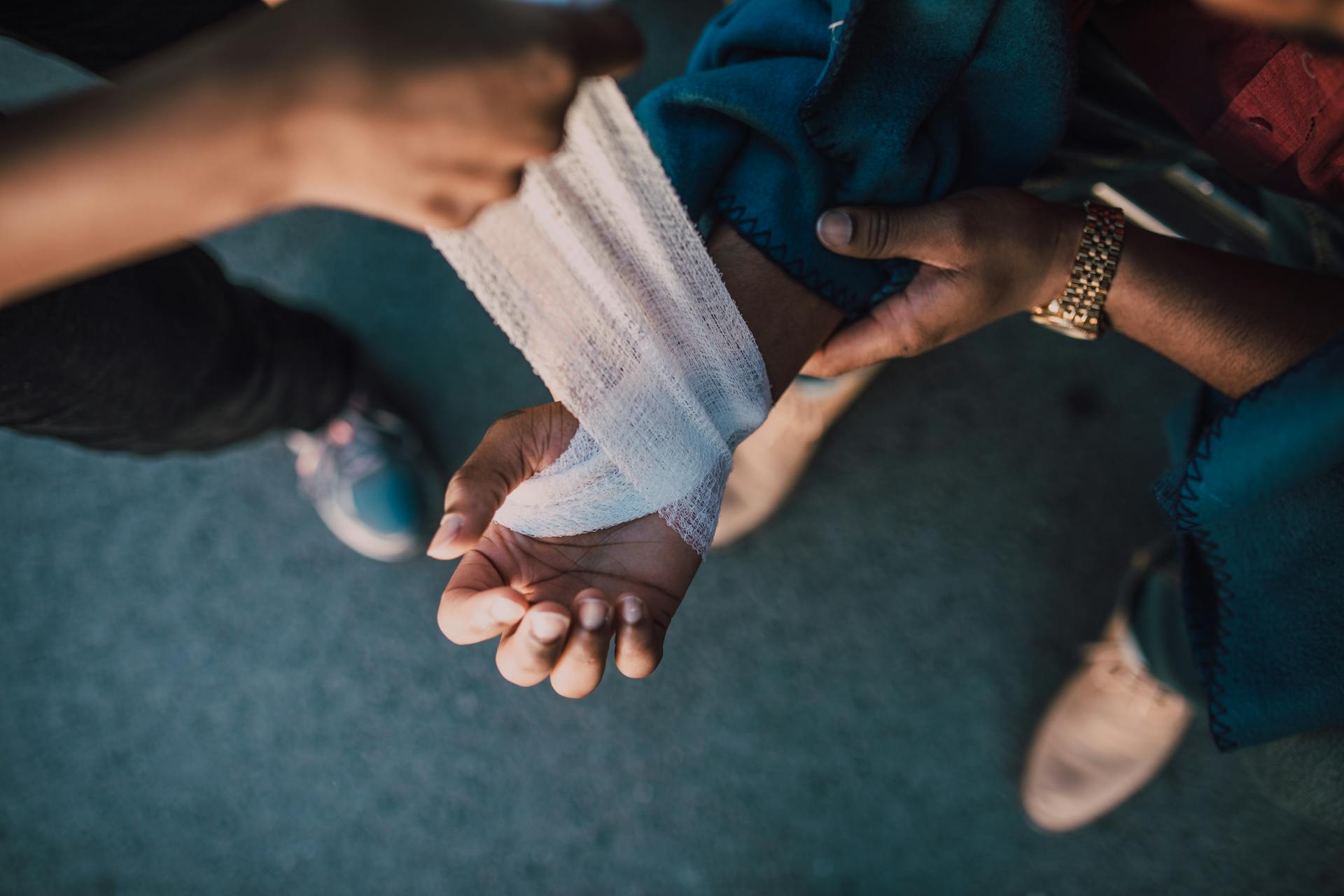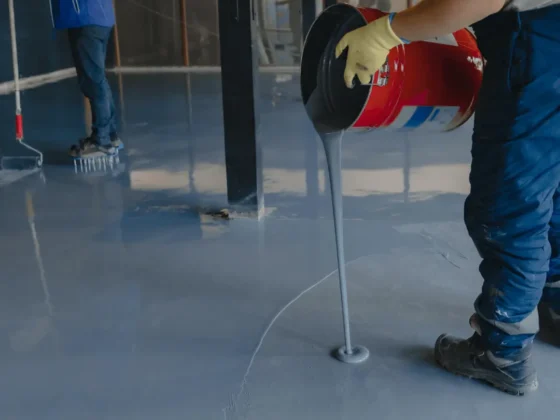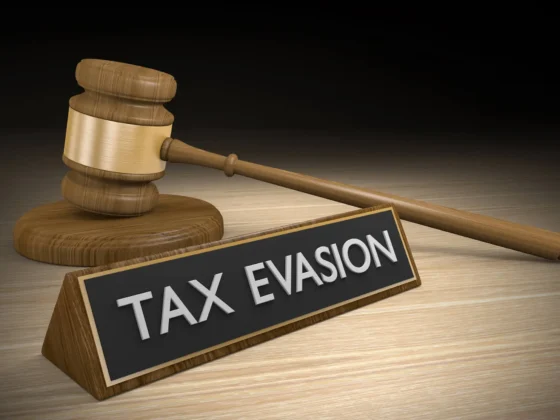Accidents are an unfortunate part of life that can leave anyone feeling vulnerable and overwhelmed.
Imagine driving home after a long day at work, only to be rear-ended at a red light. Suddenly, you’re faced with a whirlwind of decisions and actions that can impact your health, finances, and legal standing.
Knowing the common mistakes to avoid after being injured in an accident can make all the difference in how you recover and protect your rights. Here are six common mistakes to avoid when you are injured in an accident.
Mistake 1: Not Seeking Immediate Medical Attention
One of the most critical steps after an accident is to seek medical attention right away. Even if you feel fine or think your injuries are minor, it’s essential to get a professional medical evaluation. Some injuries, like whiplash or internal bleeding, may not show symptoms immediately but can worsen over time.
Delaying medical treatment can not only put your health at risk but also weaken your personal injury claim. Insurance companies may argue that your injuries aren’t severe or that they were caused by something other than the accident.
Mistake 2: Failing to Document the Accident Scene
Thorough documentation of the accident scene is vital for supporting your personal injury claim. Immediately after the accident, if you are able, take photos of the scene, including vehicle damage, road conditions, traffic signs, and any visible injuries. Collect contact information from witnesses and ask them to provide statements about what they saw.
A well-documented accident scene can provide clear evidence of what happened and who was at fault. This evidence can be crucial when negotiating with insurance companies or presenting your case in court.
Mistake 3: Not Reporting the Accident to the Authorities
In Rockford, IL, it is a legal requirement to report certain types of accidents to the authorities. Failing to report an accident can lead to legal complications and may negatively impact your insurance claim. Always call the police to the scene, especially if there are injuries, significant property damage, or disputes about the accident’s cause.
An official accident report from law enforcement provides an unbiased account of the incident, which can be invaluable when filing an insurance claim or seeking legal recourse.
Mistake 4: Admitting Fault or Apologizing
In the aftermath of an accident, it’s natural to feel shaken and even apologetic. However, admitting fault or apologizing can be detrimental to your case. Such statements can be used against you by insurance companies or in court to argue that you were responsible for the accident.
When communicating with other parties involved in the accident, stick to the facts and avoid making any statements that could be interpreted as admitting fault. Let the authorities and your insurance company determine liability based on the evidence.
Mistake 5: Handling the Claim Without Legal Assistance
Navigating a personal injury claim can be complex and stressful, especially when dealing with insurance companies that aim to minimize payouts. Attempting to handle your claim without a personal injury attorney can result in accepting a lower settlement than you deserve or missing out on compensation altogether.
For example, during hit and run accidents, legal professionals have the expertise to negotiate with insurance companies, gather necessary evidence, and advocate on your behalf. They can help ensure that you receive fair compensation for your medical expenses, lost wages, and other damages.
Mistake 6: Accepting the First Settlement Offer
After an accident, you may be eager to settle quickly and move on with your life. However, accepting the first settlement offer from an insurance company is often a mistake. Initial offers are typically lower than what you deserve and may not cover the full extent of your injuries and damages.
It’s important to thoroughly evaluate your medical condition, the long-term impact of your injuries, and the total cost of your damages before agreeing to a settlement. You can contact a legal representative to ensure that you receive the compensation necessary to fully recover.
Conclusion
Knowledge is power, especially when it comes to handling the aftermath of an accident. Avoiding these six common mistakes can help you manage the situation more effectively and secure the compensation you need for recovery.
Remember, the actions you take immediately after an accident are crucial—be prepared and act wisely to ensure the best possible outcome.












